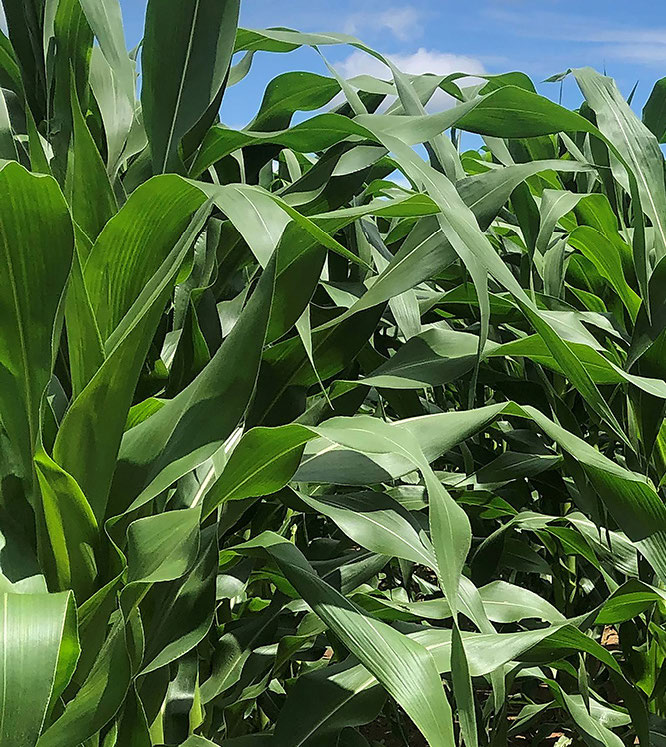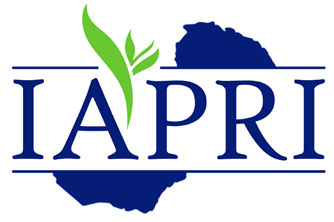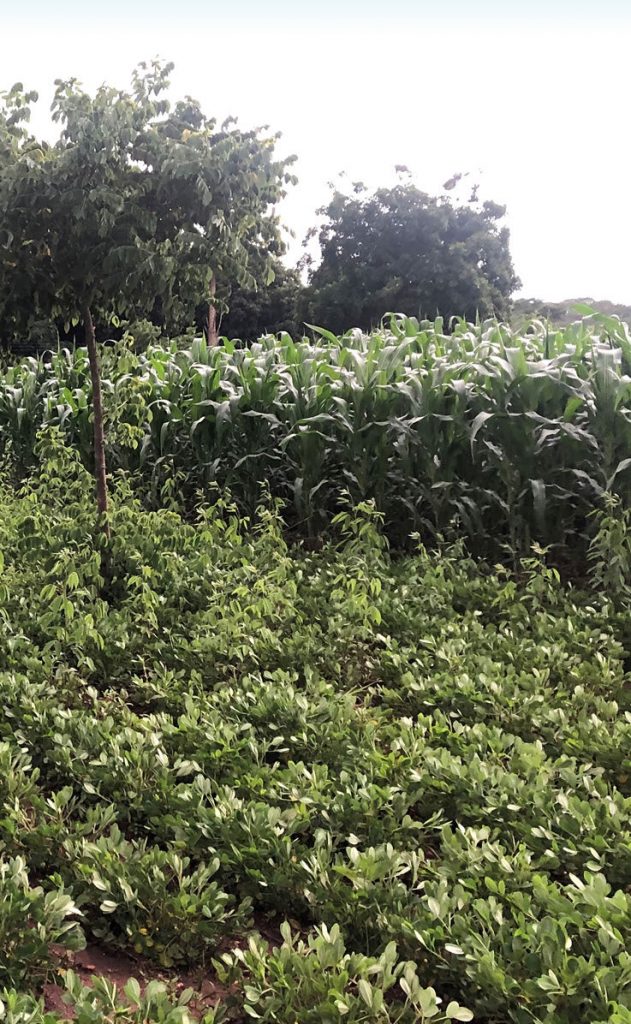

CEPHaS is interested in a broad perspective on conservation agriculture, in the context of the farming system, the constraints farmers face and the ways in which they are adapting to climate change. For this reason we have engaged with a range of partners, and in this series we invite them to respond to some questions.
The Indaba Agricultural Policy Research Institute (IAPRI) is a private company in Zambia with a board of directors drawn from stakeholders across the public and private sector. Its principal mandate is to conduct research in agricultural policy and to undertake outreach activities, supporting the agricultural sector in Zambia and pursuing agricultural development which is sustainable and pro-poor. More information can be found at their website https:// www.iapri.org.zm/
Dr Hambulo Ngoma (pictured above) answers our questions.


CEPHaS 4
Conservation Agriculture Perspectives
1. What are the main ways in which you have seen smallholder farmers adapting to climate change in southern and central Africa in recent years?
Farmers in Southern Africa adapt to climate change mainly through staggered planting, planting early maturing and drought-tolerant varieties, and the adoption of conservation agriculture practices. Farmers have diversified their livelihoods by venturing into non-farm enterprises like trading. More about farmer responses to climate change in Zambia has been published by Mulenga et al. (2017). Climate Trends and Farmers’ Perceptions of Climate Change in Zambia. Environmental Management 59, 291–306.
2. In what sets of circumstances (biophysical, socio-economic etc) are conservation agriculture practices most likely to be beneficial to rural communities, and in what circumstances are they least likely to be useful?
Biophysical
CA would be most likely to be beneficial under semi-dry conditions with low rainfall, I am not sure that it would be beneficial in under very dry and wet conditions.
Socio-economic
CA is most beneficial for those with finance to hire in labour and, more importantly, to afford herbicides and to finance other CA activities. Secure tenure might help the uptake of CA and make it more feasible to retain crop residues.
3. What components of conservation agriculture systems are most problematic from the perspective of farmers?
Making planting basins under minimum tillage with hand hoes is challenging for farmers because of the drudgery, as is weeding, where they do not have access to herbicides. Retaining residues is difficult given competing uses, and on communal open grazing land. Limited market access for legumes makes full rotation an issue for some farmers.
4. What do you think are the main research questions that need to be addressed to support food security in sub-Saharan Africa under climate change?
An overarching area of interest is to understand how best smallholder farming systems can best become resilient to climate change while meeting a rising demand for food. A top priority should be to identify instruments to enhance resilience, and to test these out. It would also be interesting to understand how markets can enhance food security and help support the uptake of CA amidst climate change.
Biography of Dr Hambulo Ngoma (pictured overleaf)
Dr Hambulo Ngoma was a research fellow at IAPRI and lead, climate change and natural resource management thematic area at the time of this interview. He is now Agricultural Economist, International Maize and Wheat Improvement Center (CIMMYT), Southern Africa Regional Office in Harare, Zimbabwe.
Dr Hambulo Ngoma is a Development Economist with research interests spanning the development-environment nexus. His current research applies various methods to understand the connections among land use, agricultural practices, and livelihoods of smallholder farmers in the context of climate change in Southern Africa. He is particularly interested in factors influencing the adoption of new technologies and the impacts of these practices on livelihoods and welfare of smallholder farmers.
To find out more, visit our web pages at www2.bgs.ac.uk/CEPHaS and follow us on twitter @CEPHaS_Soil

